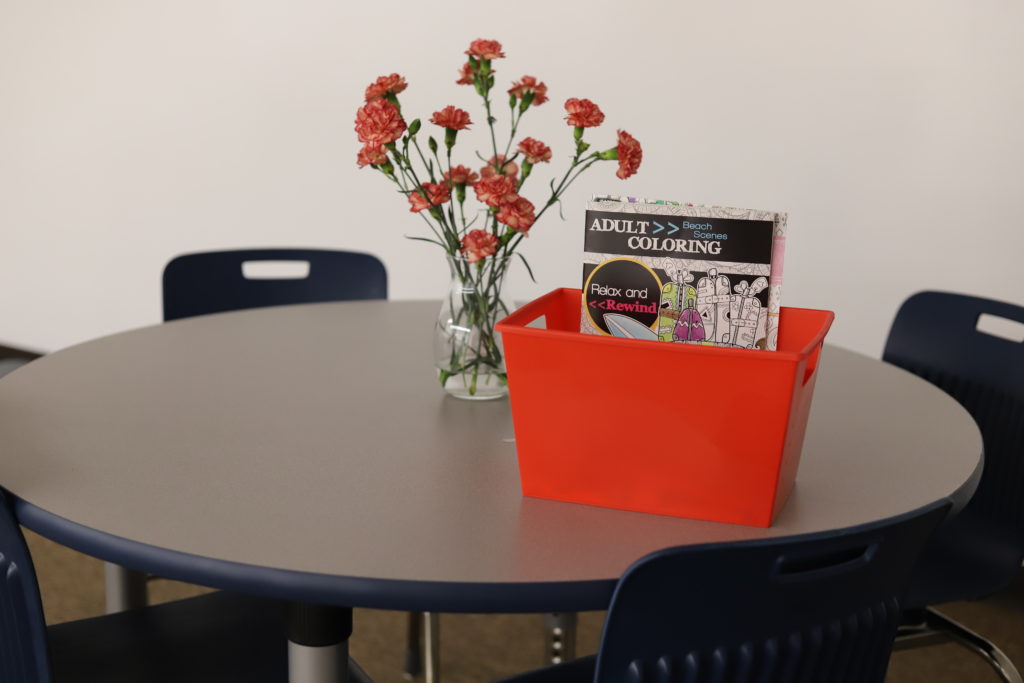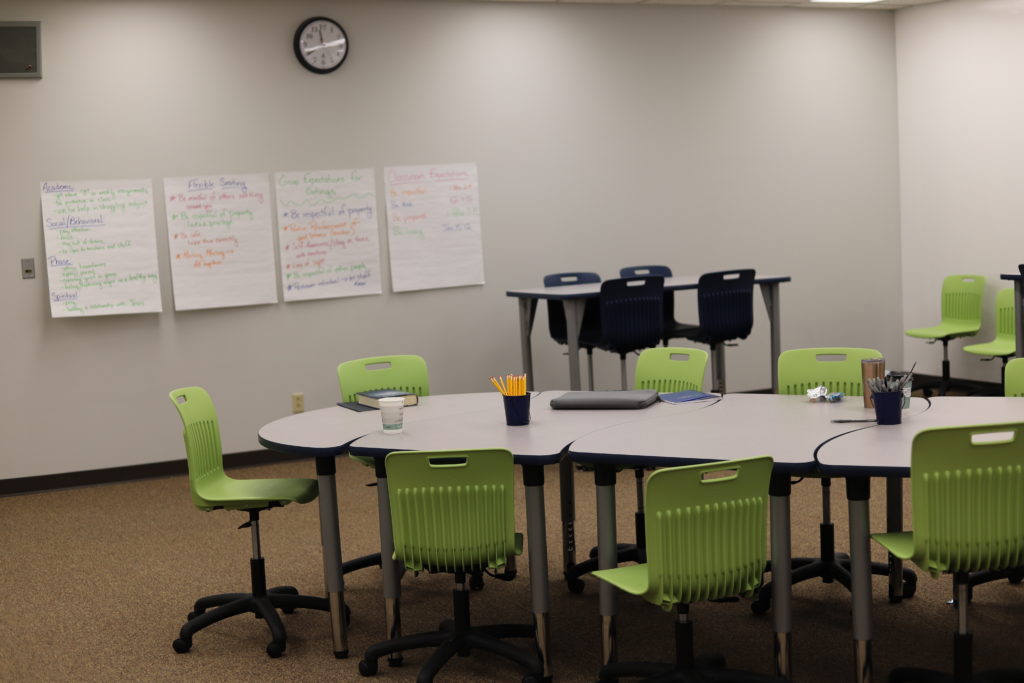By John Townsend, Ph.D.
Spring is here, and with it you may notice some changes in your teen, such as more energy, impulsiveness, restlessness and fidgeting. Call it spring fever, though that is not a true medical or psychological condition. But, just using common sense, why wouldn’t the warmer weather, increased sunshine and opportunity to enjoy outdoor time cause a boost in your teen’s energy level? It was probably hard being cooped up during the winter months!
Spring fever can certainly be an exciting and fun time for teens: longer days, sports, hanging out with friends and trips. But be aware of some unhappy side effects. When impulsiveness increases, so can trouble. Restlessness can result in attitude issues and acting-out behaviors.
Consider these tips to help this season be a healthy and enjoyable one for your teen and family.
Stay connected with your teen.
Children have a primary need for relationships, even adolescents who are pushing their parents away and developing their own social system. Whether or not they admit it, teens need an attachment to their parents, so make sure you have daily conversations (not lectures) about how life is going. This will help your teen to feel loved, stable and centered during this time.
Don’t alter family structure or responsibilities.
There is no reason to look at spring fever for a teen in the same way you deal with spring break for a college student. Those two are worlds apart. Spring break can be a great time. It involves more freedom for the young adult and much more time with friends. However, because there is little to no parental monitoring, many risks are involved.
Just because your teen may be moving toward spring break, there’s no need to relax the rules of the house. Spring fever is universal – it’s a celebration of the natural transition from winter. It’s simply not that big of a change, and your child doesn’t need a dispensation from family responsibilities and requirements.
In fact, what will help your teen to grow up and launch successfully into adult life is what I call an overall annually consistent structure. Basically, the household runs the same way all year with everyone exhibiting good conduct, kindness and academic diligence while doing chores and having a healthy extracurricular life. With that sort of consistency, children build character and discipline rather than developing a sense of entitlement or privilege.
Loosen reins in small and “earned” ways.
Having said that, there is nothing wrong with giving teens a bit more freedom during this time, such as a later curfew or other choices. Let them enjoy themselves a little. Be thoughtful about loosening the reins; it should be a reward for responsible behavior.
Channel the energy.
Help your adolescent to engage in activities that involve movement, exercise and the physical world. This is a good way to channel the increased energy. It’s especially important to require teens to leave the digital world and be present in the “real” world. Neuroscience research is clear on the negative effects of too much screen time on kids. Help them get their bodies moving, whether it be sports, working out or just walking somewhere with you or their friends.
No passes on disrespect.
This time of the year can also be one in which teens push limits as they test their power and autonomy. Power and autonomy are fine, as long as they are done respectfully. There’s nothing wrong with a teen who challenges your rules and expectations, but insults, bad language and yelling are not signs of growth. Be clear that respect and kindness are expectations, and be ready to impose consequences to back them up. My book Boundaries with Teens covers this issue in detail.
Have a proactive conversation.
Teens are often a step ahead of their parents, meaning that parents tend to be reactive to what the teen is doing or asking to do (and it always involves more freedom). So as the weather warms up, talk to your teen about how you want the spring to be a great time for everyone and decide together on some ground rules to make sure the whole family has fun.
As parent, you probably have a bit of spring fever in you, too! Enjoy the season and be present with your family during this time.

























